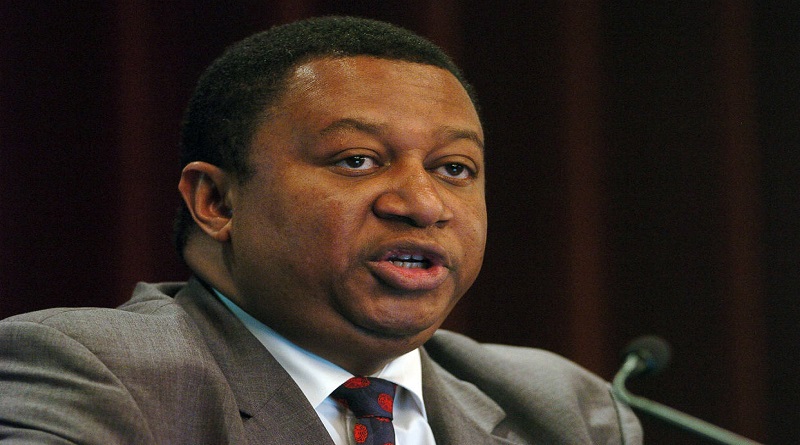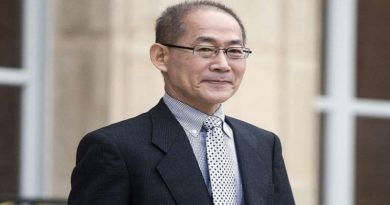OPEC chief, Barkindo, reaffirms commitment to Paris Agreement
Secretary General of the Organisation of the Petroleum Exporting Countries (OPEC), Mohammad Barkindo, has reaffirmed his organisation’s firm commitment to tackling climate change through the historic Paris Climate Change Agreement adopted by the global community in December 2015 in Paris, France.
Barkindo, who disclosed this at the international Petroleum Week on February 21, 2017 in London, said OPEC member countries played an important role in reaching the Agreement and that they will also play a role in its implementation.
He went further, “Let me stress that OPEC not only welcomed the Paris Agreement on climate change from COP 21 and its early enforcement toward the end of 2016. Our Member Countries played an important role in reaching the Agreement – and they will also play a role in its implementation. All 13 OPEC Member Countries have signed the Agreement and all are in the process of ratifying it.”
The Paris Climate Change Agreement, which entered into force last year, is designed to put the world on a firm path towards low carbon and greater resilience to climate change. 131 Parties (130 governments and the European Union) have to date ratified the agreement.
In view of the increasingly obvious and accelerating impacts of climate change, including more droughts, rising sea levels and more frequent and intense floods and storms, the OPEC secretary general acknowledged that climate change has the potential to “impact energy demand, overall energy mix and the future economy of oil”.
Whilst pointing out that oil will continue to play an important role in the global economy, Mohammad Barkindo said that in terms of the energy mix, the world can expect to see a “further shift” towards renewables in the coming decades. He said: “Let me stress that OPEC is greatly supportive of the development of renewables. Many of our countries have vast sources of solar and wind, and significant investments are being made in these fields.
“It is vital, however, to remember that the implementation of the Paris Agreement should continue to be guided by the principles and provisions that were provided for in the UNFCCC. The unique situation of developing countries, in particular, should be given the priority it deserves, including those developing countries dependent on oil”.




